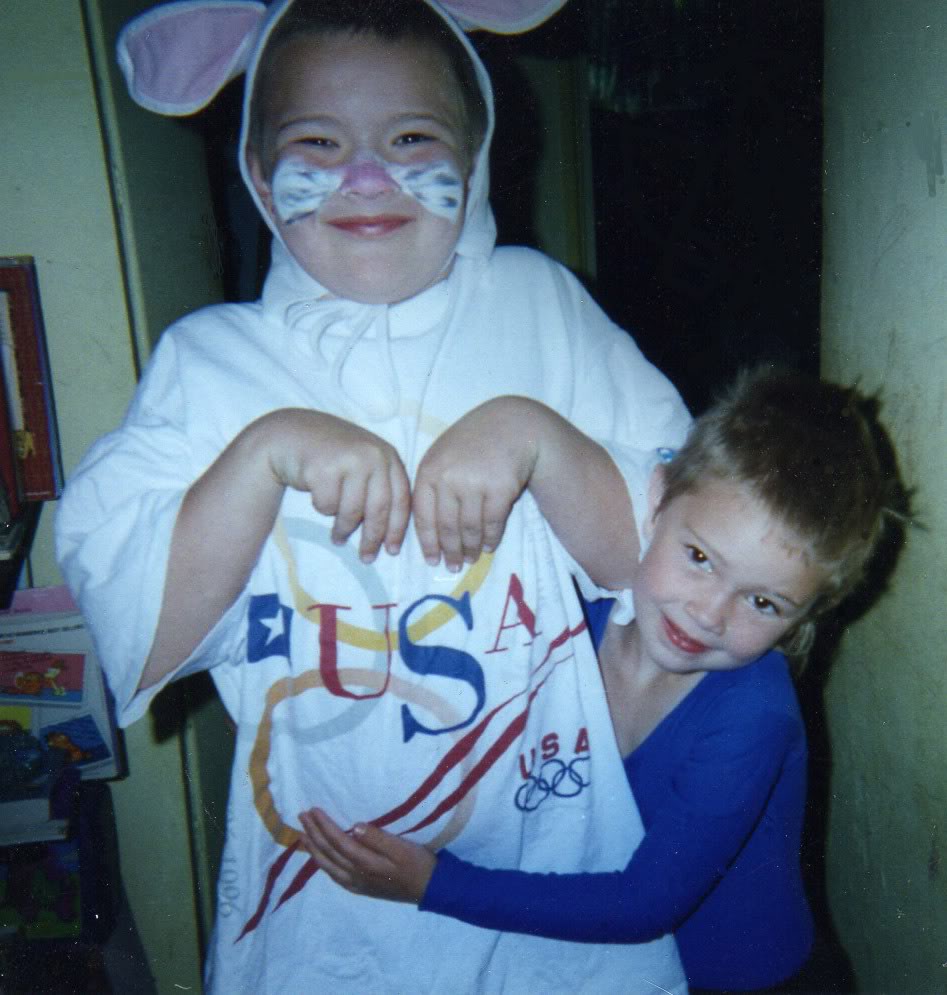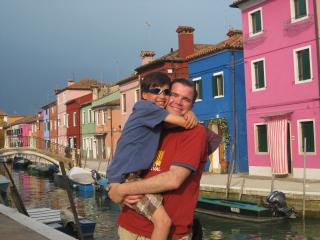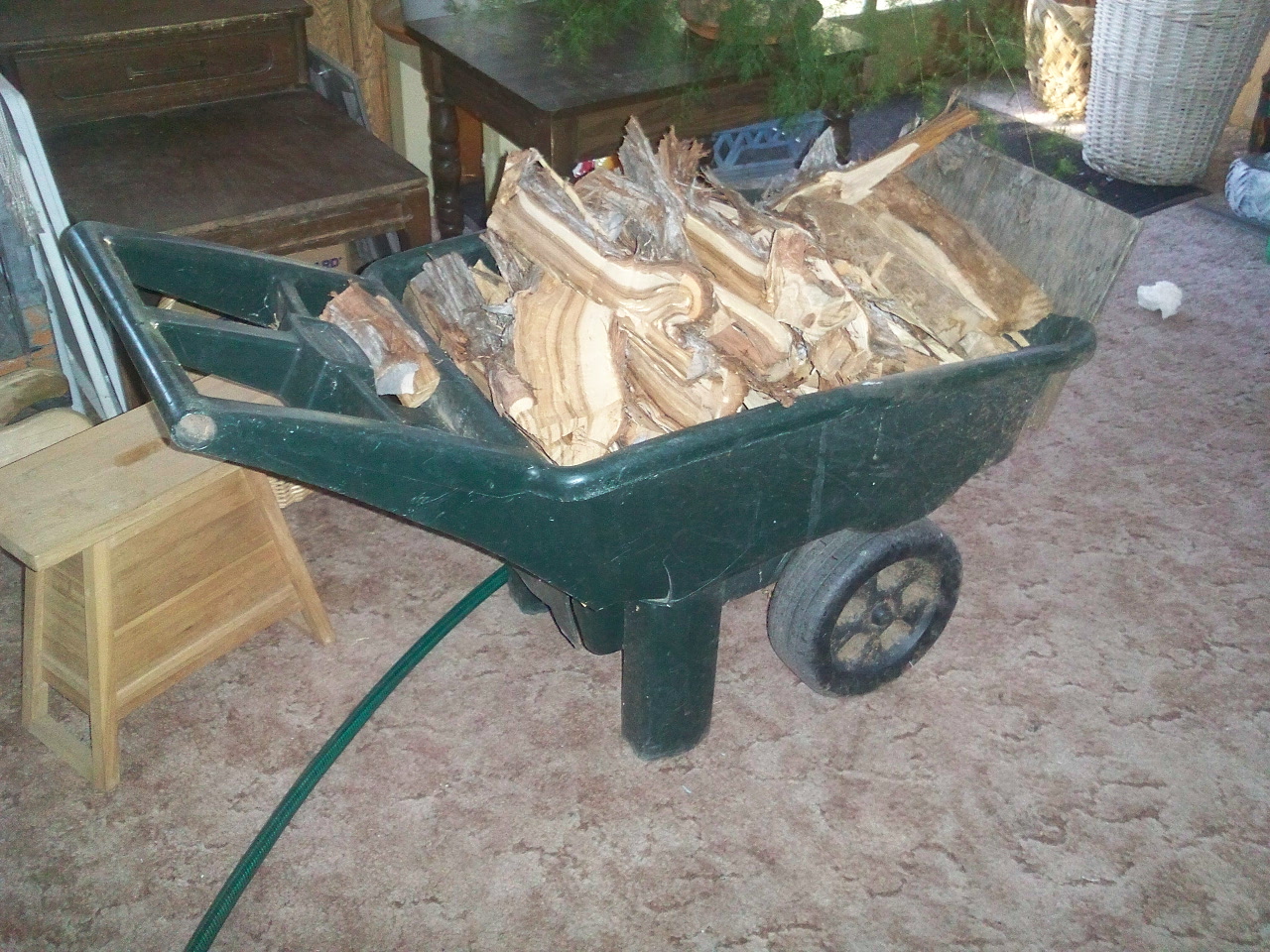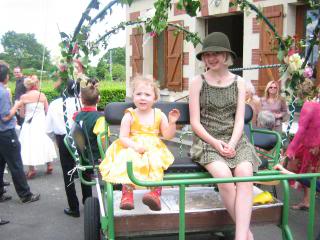
Joyce Fetteroll wrote:
The best way for introverts to learn to socialize is with the people they're comfortable with: their family. And then whatever friends they feel comfortable with.
Then when they're older and their desire to get something from a group is greater than their discomfort of being in a group, they'll have the skills they picked up from people they trust.
—Joyce Fetteroll
photo by Janine Davies
__
















